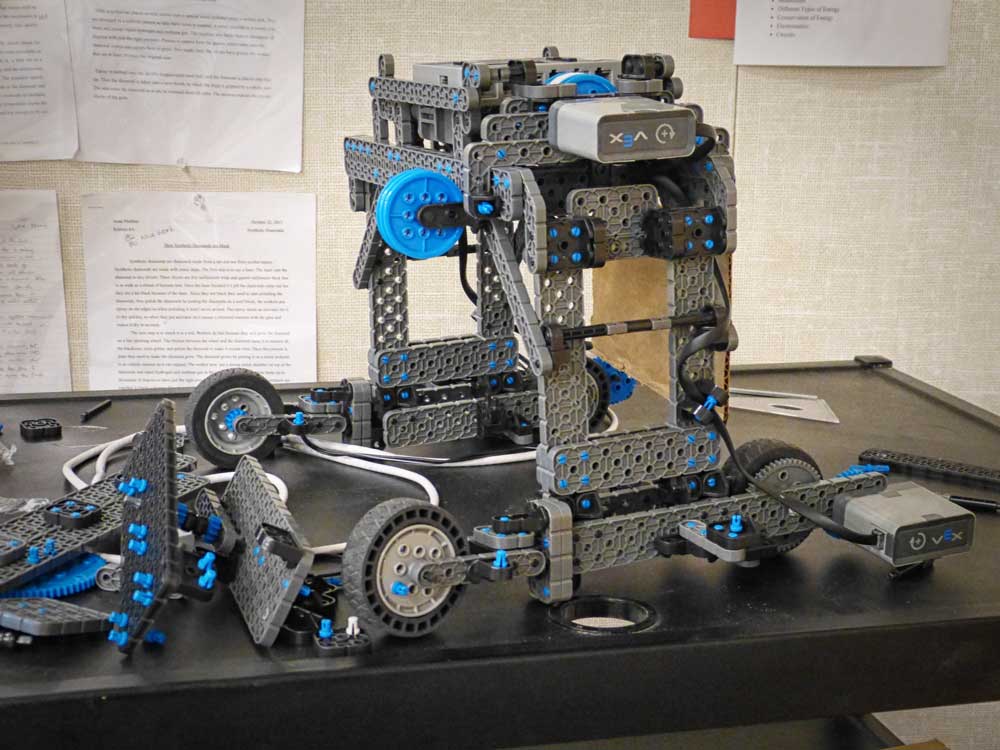School is almost out for the summer.
Although summer break is a reprieve from enforcing early morning wakeup calls, packing lunches, and managing car pools, parents trade these tasks to focus on ensuring there is a balance between learning and leisure activities. It can be a struggle to counter the “summer slide.” Unlike the term implies, a summer slide isn’t the newest attraction at Waterworld. It’s the loss of academic skills, particularly in reading and math, that occur when children are home for the summer without stimulating activities to fill their time.

Summer
While parents intuitively know that a variety of events are needed to keep their children occupied, they may not realize the cost of a summer focused on being busy rather than being stimulated. Duke University summer-learning expert Harris Cooper collected and analyzed over a century’s worth of academic studies and “concluded that, on average, all students lose about a month of progress in math skills each summer.” However, after monitoring the progress of students from kindergarten through high school for over 20 years, Johns Hopkins University researchers found that “the better-off kids held steady or continued to make progress during the summer-- but disadvantaged students fell back.” Why? Parents of well-to-do students tend to enroll their children in quality summer schools and camps.
Summer programs that review, apply, and extend concepts learned in school keep the mind active. Writing, literature, and math workshops offer opportunities for students to practice their skills and enjoy learning. Experiences that require students to problem solve and/or expose them to new ideas and skills keep their minds active.
Summer programs that review, apply, and extend concepts learned in school keep the mind active
In addition to high-quality camps, parents who model the importance of reading and require summer reading see improvement in their children’s ability to comprehend material. When families discuss the books they have read, it creates an opportunity to share perceptions. Frequent trips to the local library and participation in a summer reading program are valuable as well. Equally important are educational trips to parks and local museums to broaden horizons. Even the annual summer vacation can enhance learning when children prepare the trip budget, use a map to determine the best route to travel, and prepare a guided tour of the locale. Keeping children meaningfully involved staves the summer slide and minimizes struggles over screen time.
Give your children an educational advantage this summer by purposefully selecting an array of summer sessions, workshops, and camps that keep their minds actively engaged. The “summer slide” is one ride you don’t want your children to take.



